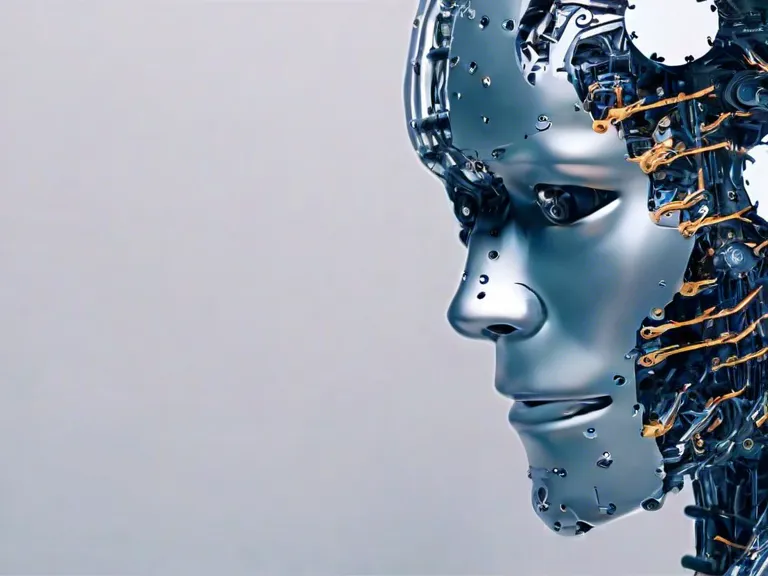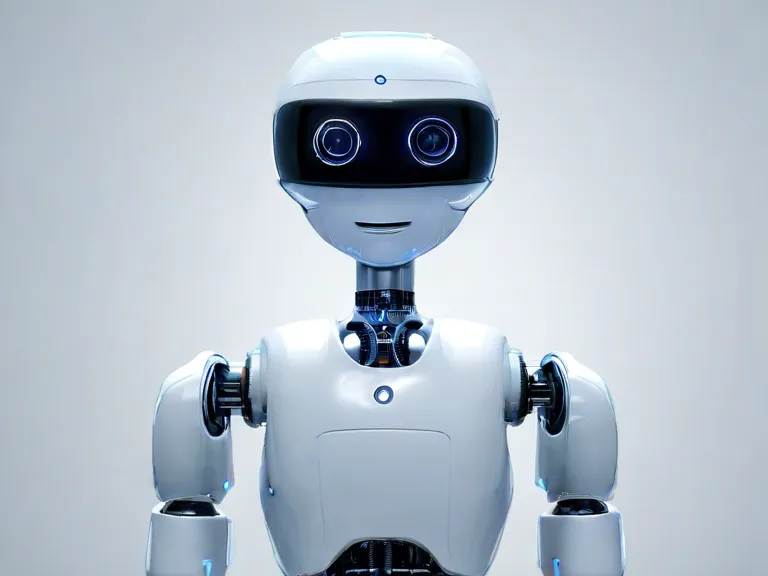
In recent years, the field of artificial intelligence (AI) has made incredible advancements, but along with these breakthroughs come important conversations surrounding ethics. The latest discussions focus on two key themes: responsibility and bias. AI technologies are becoming more integrated into our daily lives, raising questions about who is responsible when things go wrong and how bias can inadvertently seep into AI systems.
On the topic of responsibility, experts are debating who should be held accountable when AI systems make errors or display biased outcomes. Should it be the developers who created the AI, the organizations that deploy it, or the individuals who use it? There is a growing recognition that responsibility cannot be pinned on a single entity and that a collaborative effort is needed to ensure transparency and accountability in AI.
Bias is another pressing issue in the realm of AI ethics. AI systems are only as unbiased as the data they are trained on, and this data often reflects societal biases and prejudices. As a result, AI algorithms can perpetuate discrimination in areas such as hiring, lending, and criminal justice. Efforts are being made to mitigate bias in AI by improving data collection methods, implementing fairness metrics, and increasing diversity in AI development teams.
The conversation around responsibility and bias in AI ethics is crucial in shaping the future of AI technologies. As AI becomes more prevalent in society, it is essential to address these ethical considerations to ensure that AI systems are developed and deployed in an ethical and responsible manner.



